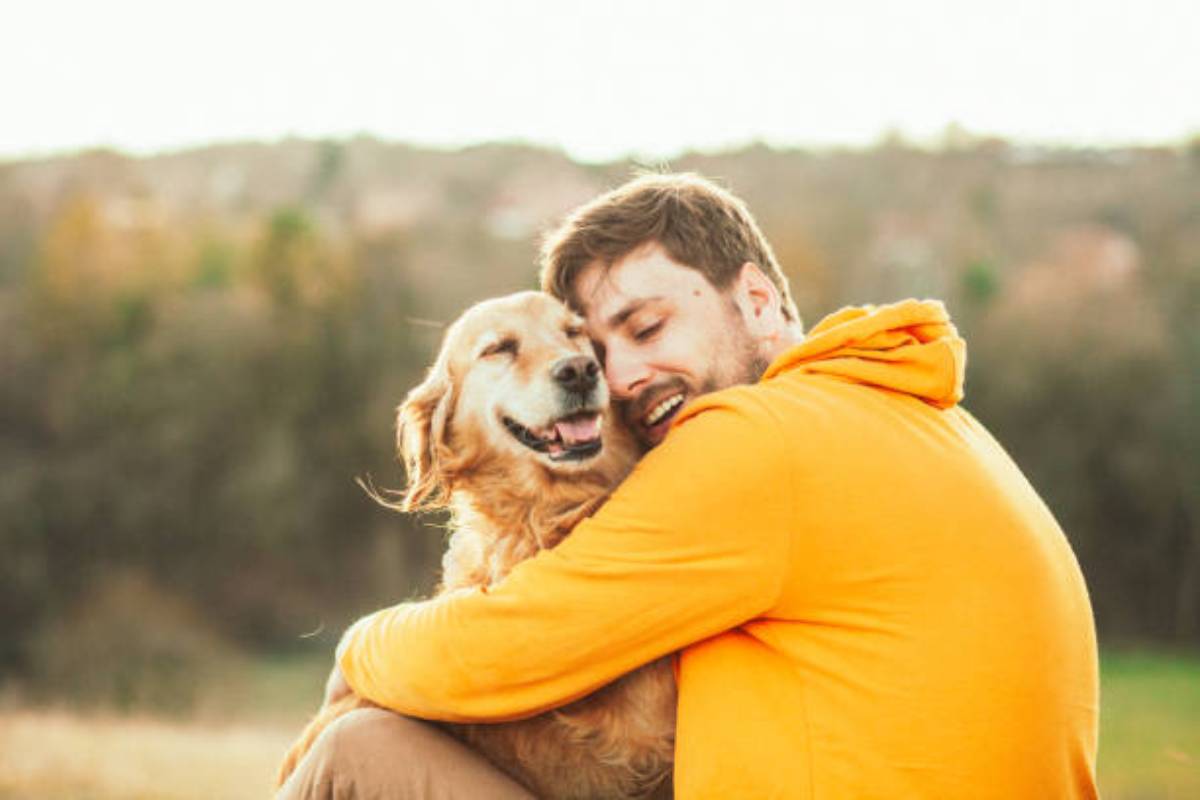Causative agent of amoebiasis
The causative agent of amoebiasis, Entamoeba histolytica, was discovered in 1875 by F. Loesch.
Researchers at the University of Bristol revealed that feeding dogs raw meat increases their chances of excreting E. coli that cannot be killed by the antibiotic ciprofloxacin.

(File photo)
Researchers at the University of Bristol revealed that feeding dogs raw meat increases their chances of excreting E. coli that cannot be killed by the antibiotic ciprofloxacin.
E. coli, which can cause food poisoning, is also the most common cause of life-threatening urinary tract and bloodstream infections in the UK.
Ciprofloxacin is a fluoroquinolone antibiotic that is used to treat a variety of bacterial illnesses in humans and animals. The World Health Organisation considers these antibiotics to be of the greatest priority and critical importance.
The study, published in One Health, looked for ciprofloxacin-resistant E. coli in the intestines of 600 healthy companion dogs.
The research team requested the dog owners to fill out a survey containing information about their dog, its diet, the surroundings it walked in, and whether or not it had been treated with antibiotics.
Advertisement
The microbiological data, along with the survey data, allowed for statistical analysis, which revealed that feeding undercooked meat to dogs was the sole significant risk factor related to the excretion of these resistant bacteria in the dog’s faeces. This study backs up previous research that found a link between dogs fed raw meat and excreting-resistant E. coli.
In the UK, reduced ciprofloxacin use by GPs has led to a decrease in ciprofloxacin resistance in E. coli from human infections. There has also been an almost total cessation of the use of fluoroquinolones to treat farmed animals in the UK. However, fluoroquinolone use, and resistance remains at very high levels around the world.
Dr Jordan Sealey, a Research Associate in the School of Cellular and Molecular Medicine (CMM), who carried out the research, said, “Our aim was not to focus on raw dog food but to investigate what might make a dog more likely to excrete resistant E. coli in its faeces. Our study found a very strong association between excreting ciprofloxacin-resistant E. coli and feeding dogs a raw food diet.”
Matthew Avison, Professor of Molecular Bacteriology in CMM, who led the study, explained, “Raw meat – whether intended for human consumption after cooking or sold as raw dog food – is likely to be contaminated with antibiotic-resistant E. coli. Cooking kills the bacteria and good hand hygiene reduces the immediate risk of these bacteria being swallowed and getting into a person’s intestines.
“Choosing to feed a dog raw meat means a person almost certainly has to handle the raw meat, and our research is clear that raw feeding also means pet owners are likely to be interacting with a pet that is excreting resistant E. coli.”
Dr Sealey added: “Individual measures to reduce the risk of resistant bacteria being excreted by dogs include changing to a non-raw food diet or sourcing good quality raw meat that can be cooked, and then cooking it. Most raw food sold for consumption by dogs is not of a quality that can be cooked and can cause a serious health hazard to dogs if cooked.
“Choosing to feed a dog meat from animals raised on farms in the UK, or other countries with very low usage of critically important antibiotics in farming, may also decrease the risk of them eating resistant bacteria with their dinner.”
Professor Avison concluded: “As part of our response to the emerging crisis of antibiotic resistance, further incentive should be given to companies joining the raw dog food industry to source meat from farms with appropriate antibiotic usage policies and to test meat for resistant bacteria before selling. Stricter limits should be set on the numbers of bacteria allowed in meat that is sold to be eaten uncooked than in meat sold to be cooked prior to eating.”
E. coli is found in the intestines of people and animals quite normally and can be passed between them, usually through poor domestic hygiene, e.g. after using the toilet or handling food contaminated with faecal material, including uncooked meat. When dogs excrete resistant bacteria into the environment and home, there is the potential for these bacteria to be passed on to their owners and other people.
Once a person swallows some E. coli, these bacteria can sit in their intestines for years before causing an infection. There are hundreds of thousands of urinary tract infections caused by E. coli in the UK every year, as well as thousands of bloodstream infections which frequently lead to life-threatening sepsis. When E. coli is resistant to important antibiotics like ciprofloxacin, infections are more difficult to treat, meaning patients are more likely to be hospitalised and die.
Advertisement